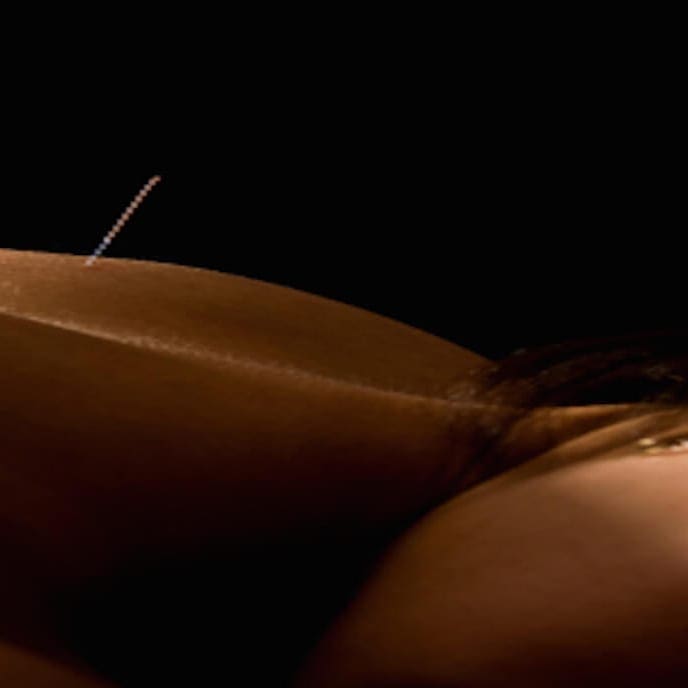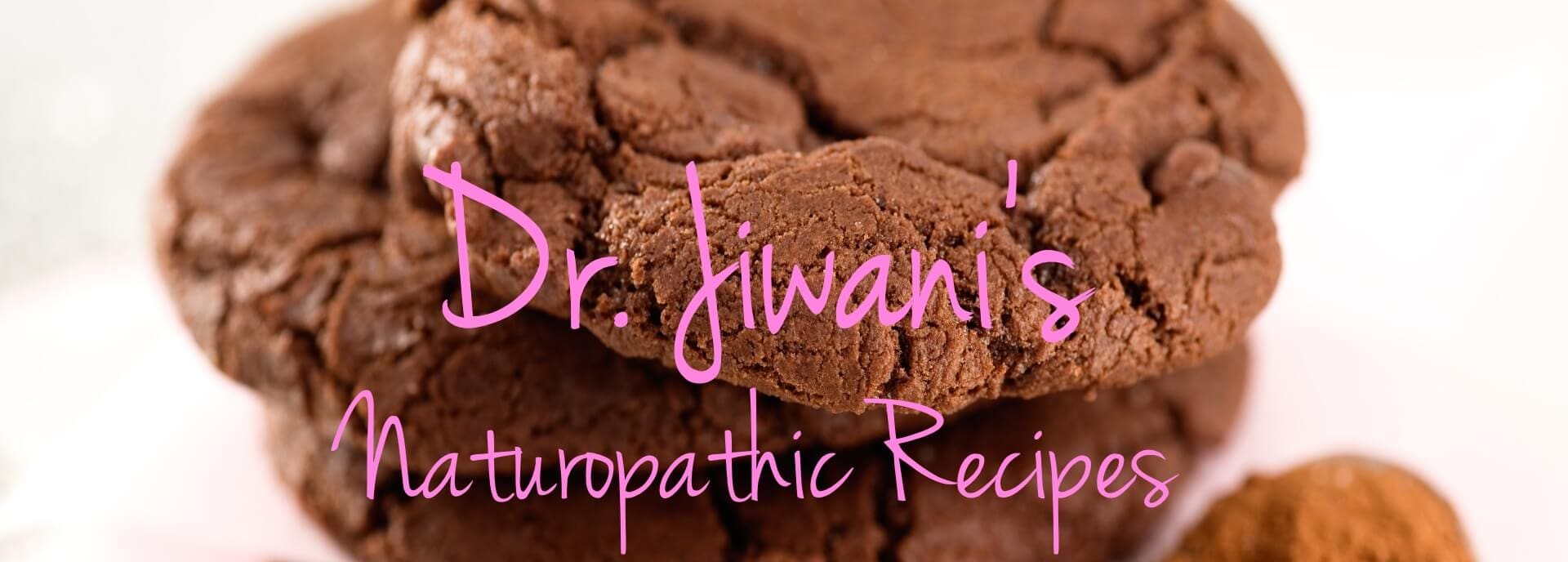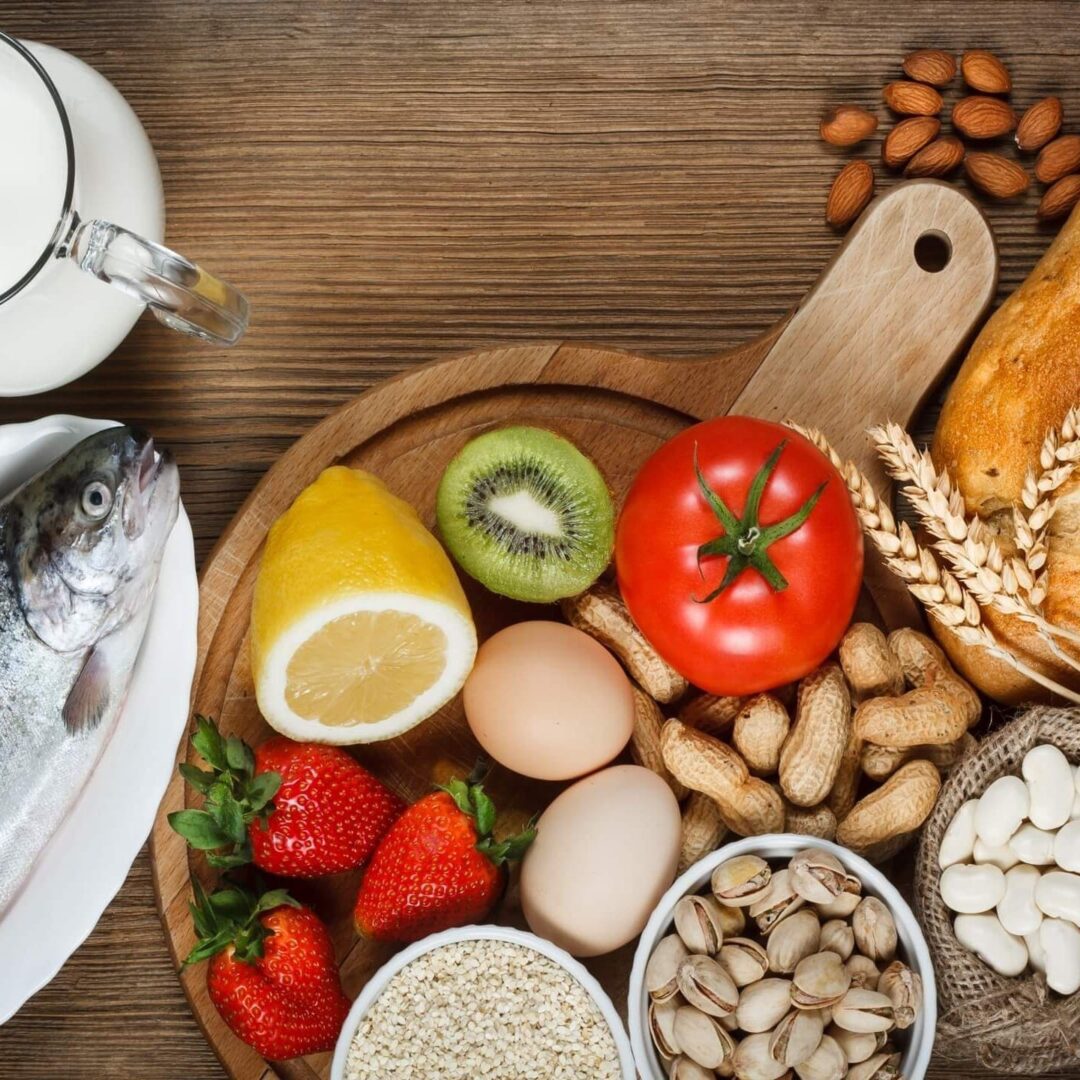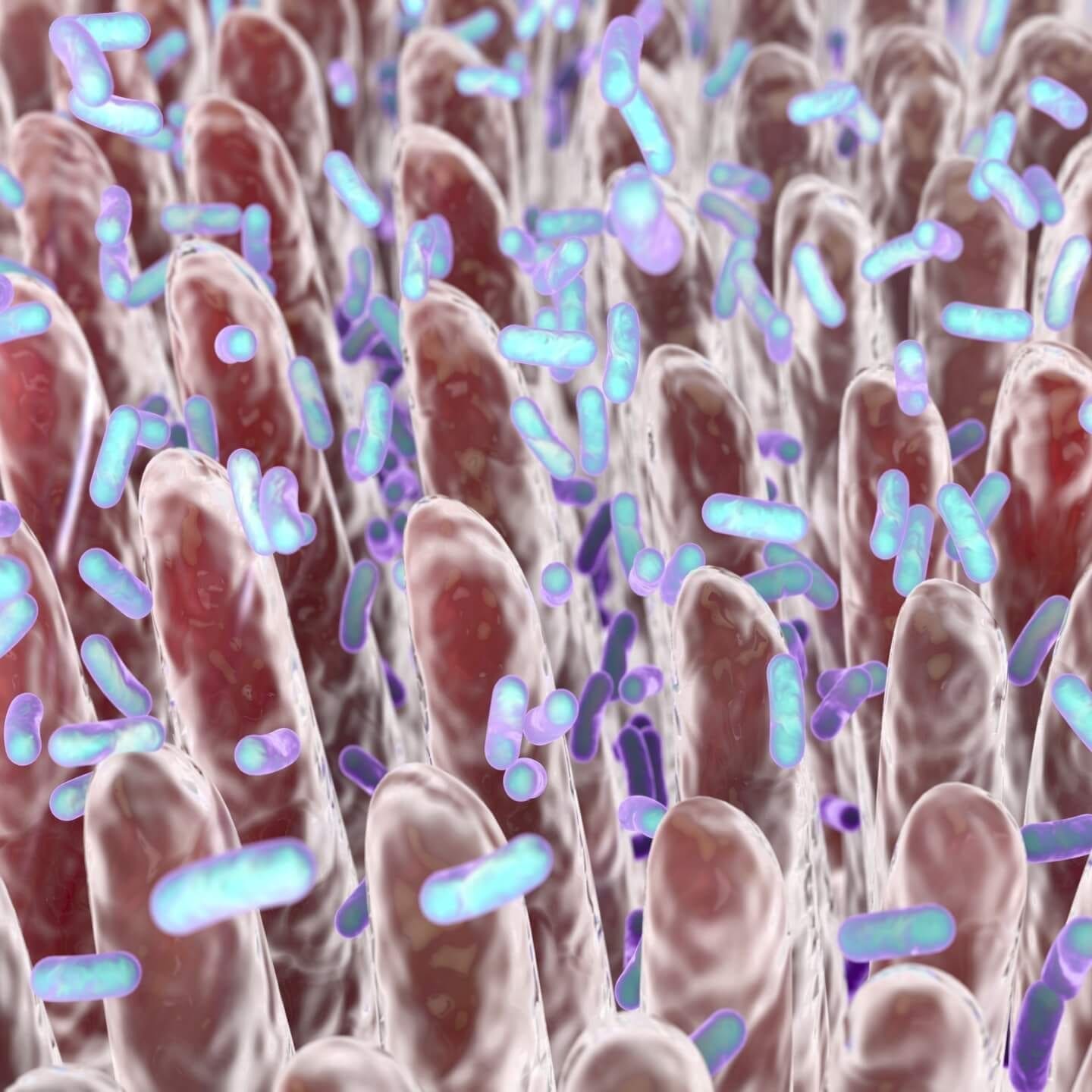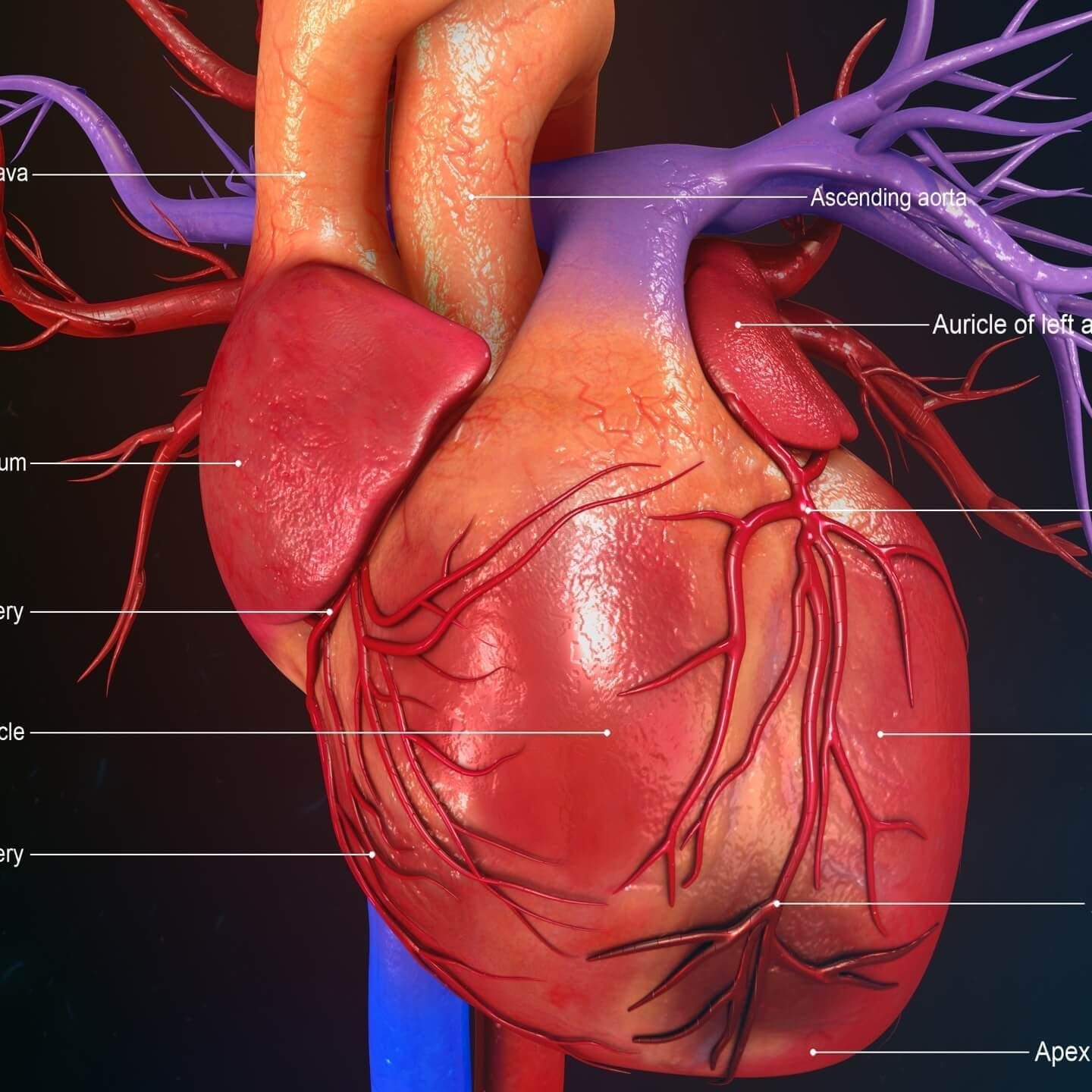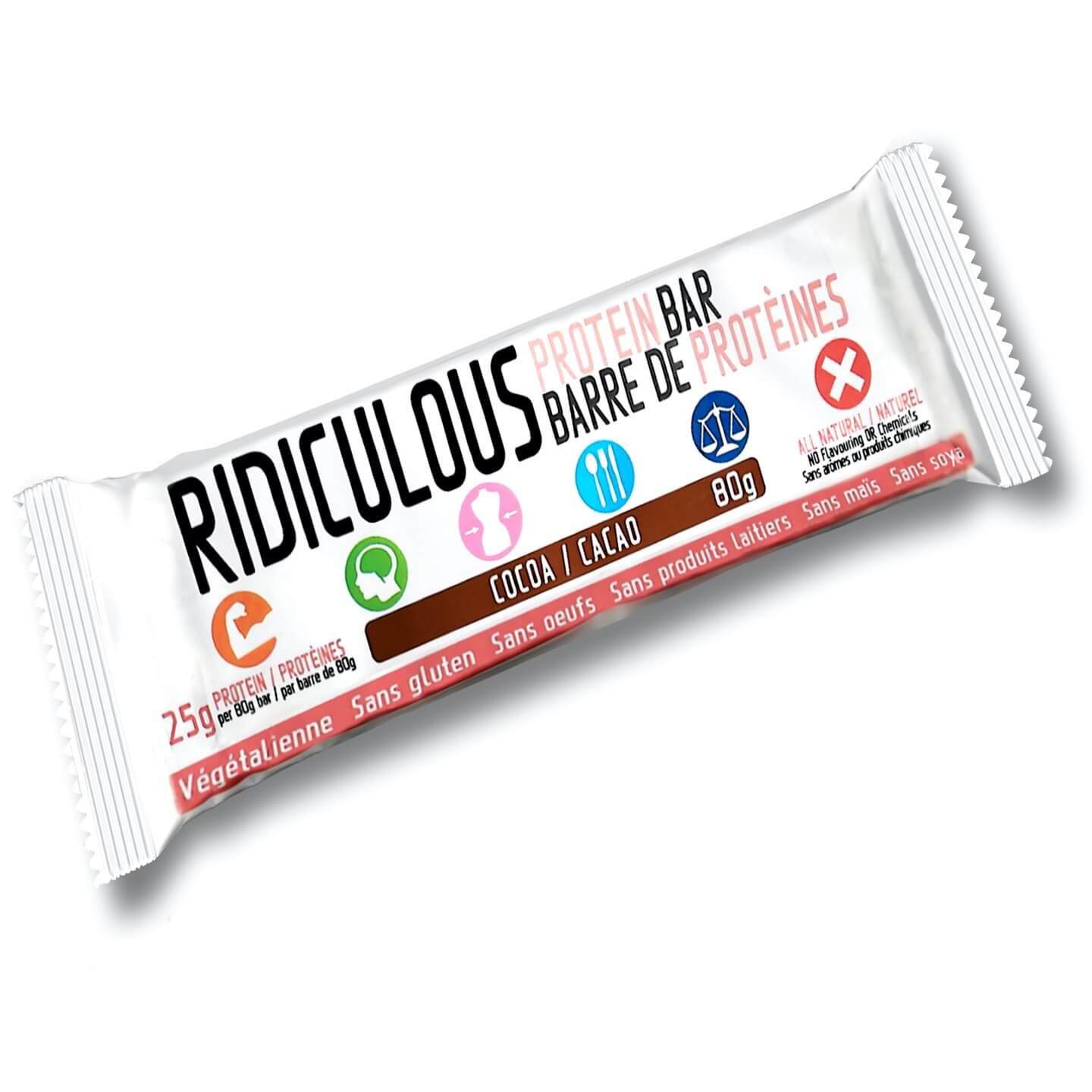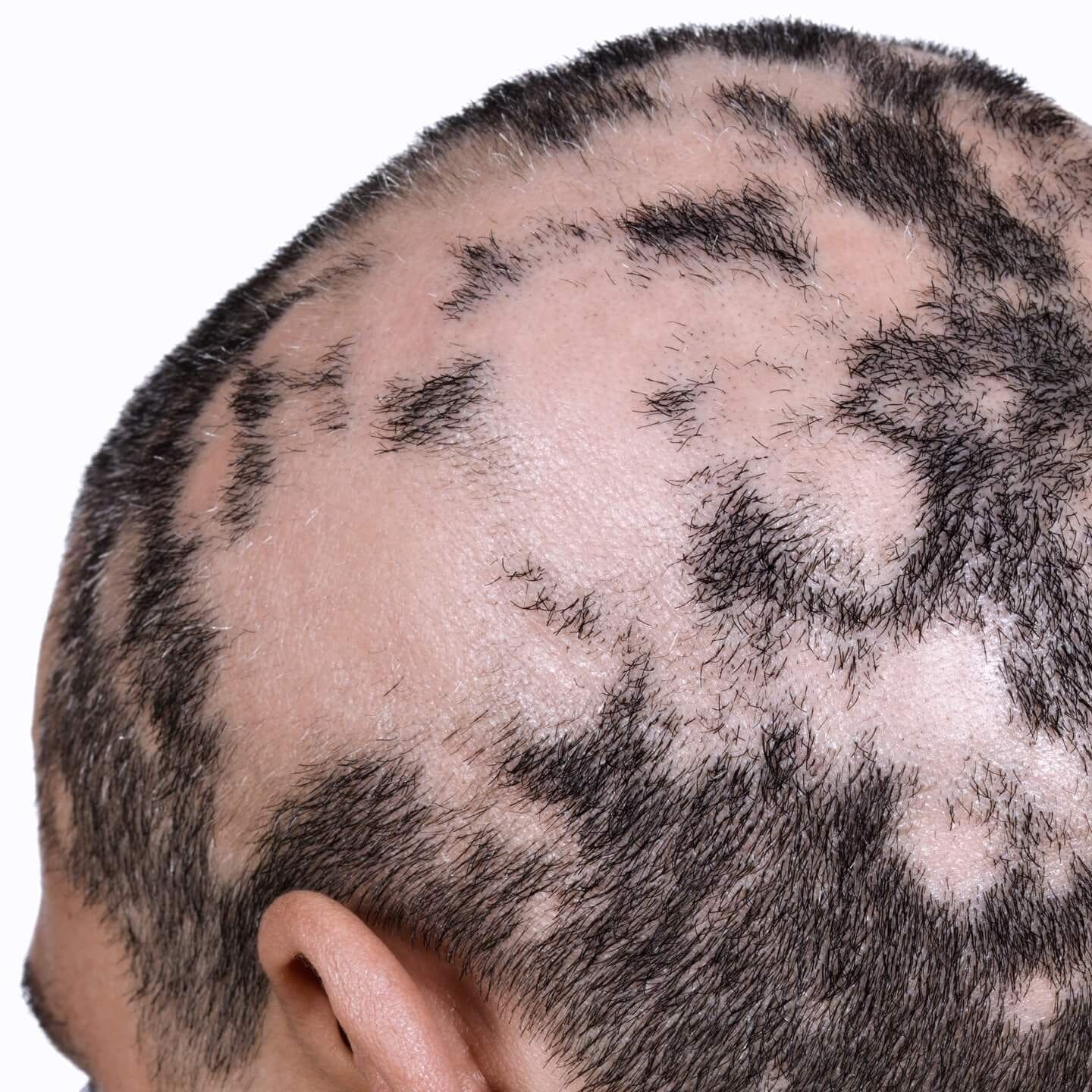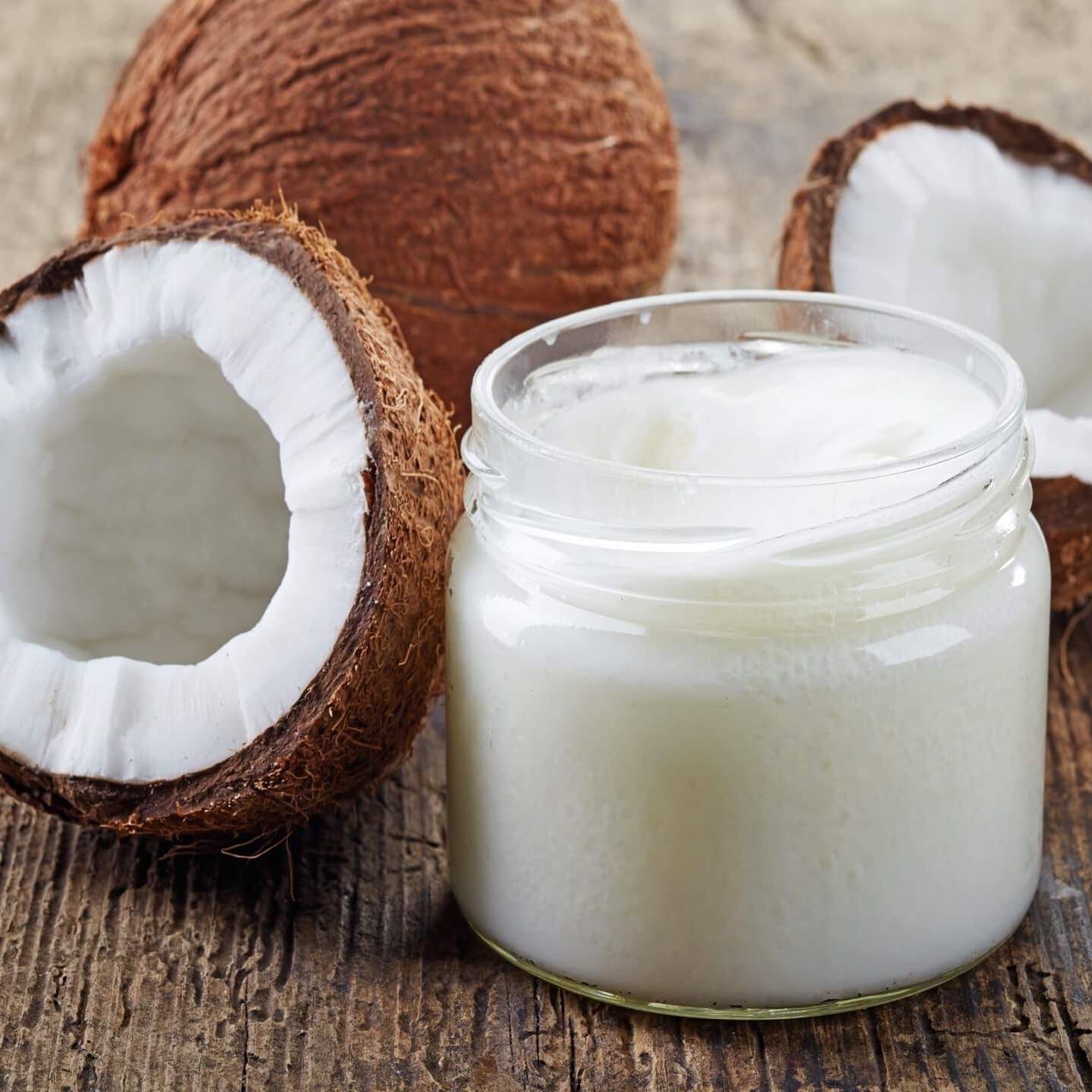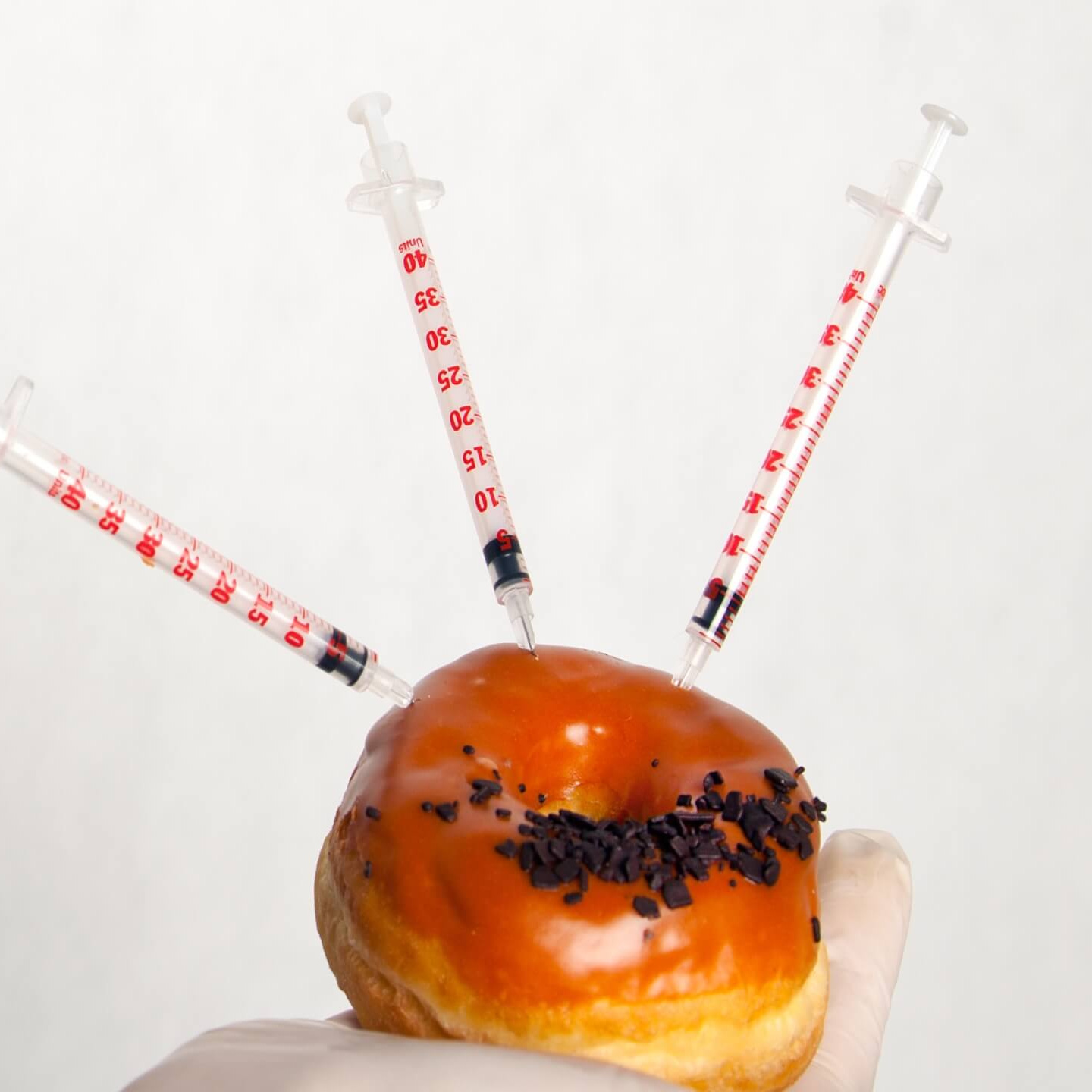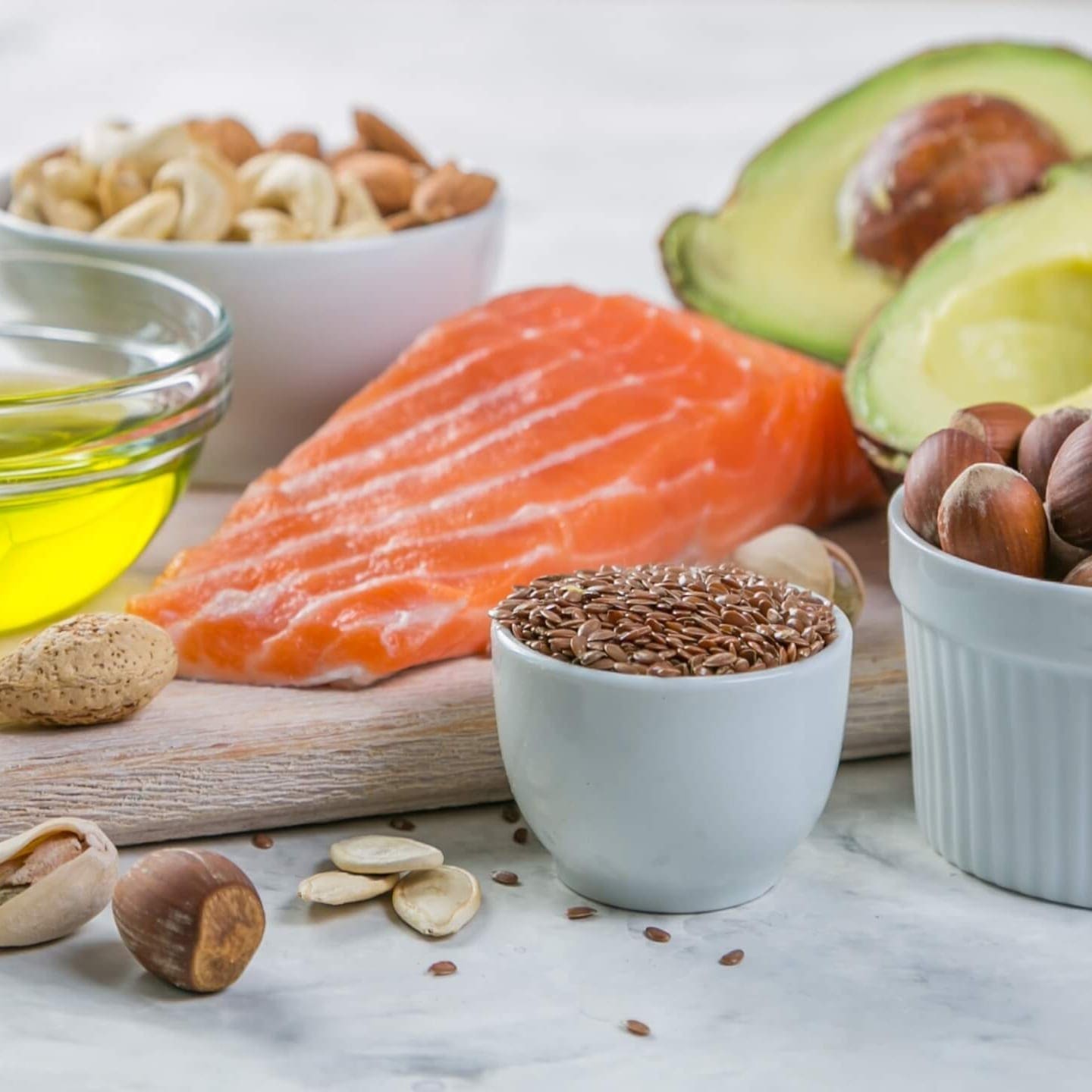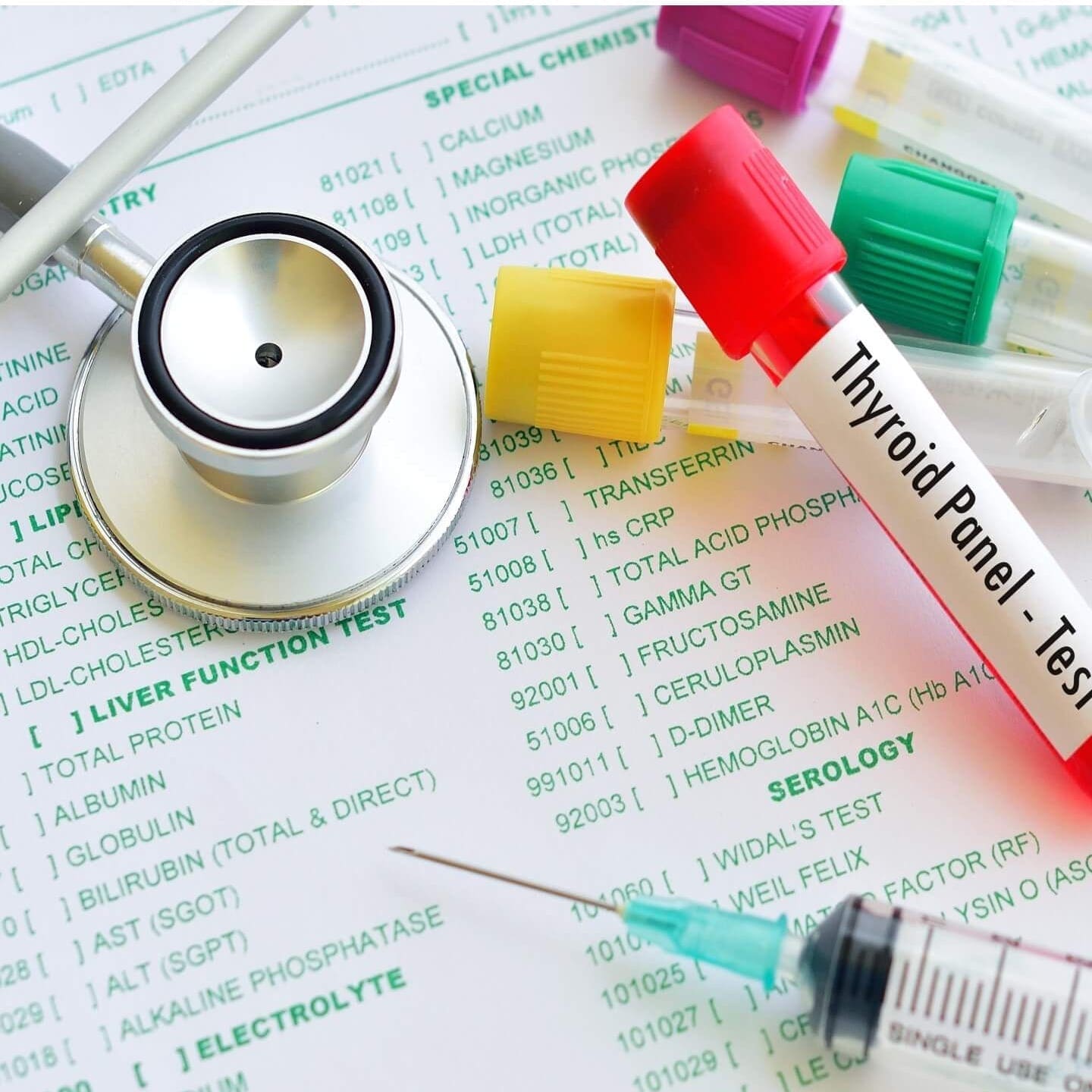Balancing Hormones Naturally!
A woman’s first menstrual period marks the start of a lifetime of hormonal fluctuation. Such a delicate balance of hormones is difficult for most women to achieve, due to today’s post-industrial, high tech lifestyle. As a result, gynaecological conditions such as Premenstrual Syndrome (PMS), Ovarian Cysts, Endometriosis and Fibrocystic Breast Disease are highly prevalent. About 90% of all female North Americans have at least some type of menstrual complaint, of which up to 40% have moderate to severe symptoms and for 10% the symptoms are debilitating. Hormonal imbalance is the ultimate cause of PMS, menstrual complaints, menopausal symptoms and associated health risks. The key is to balance hormones naturally.
Learn From the Past
Past generations of women weren’t afflicted with PMS, Osteoporosis, Menopause and Breast Cancer, even though they were not taking Hormone Replacement Therapy (HRT). Our grandmothers and great-grandmothers had optimal health from an optimal lifestyle and diet, which was high in nutrients, with fresh meat, fish and vegetables. The food was pesticide-free, locally produced and genetically unaltered. Ultimately, their only dietary insufficiencies were junk food, sugar and processed food. There was no need to balance hormones naturally, as they always were.
PMS
Premenstrual syndrome (PMS) is defined as recurring signs and symptoms that occur one to two weeks before menstruation. Symptoms include decreased energy, altered sex drive, nervous tension, irritability, depression, headache, breast tenderness, backache, abdominal bloating, cravings and swelling of the fingers and ankles.
Many Hormonal Imbalances
With respect to PMS, hormonal imbalances encompass progesterone deficiency, estrogen excess, low thyroid function, antidiuretic hormone excess, hypoglycaemia, possible adrenal fatigue and altered levels of serotonin & endorphins.
Diet & PMS
In terms of diet, varied nutrient deficiencies, such as essential fatty acids (omega 3 and 6), vitamin B6, zinc and magnesium, can cause or aggravate PMS. A study from The Journal of Reproductive Medicine states that the consumption of foods and beverages high in sugar is associated with the prevalence of PMS. These empty calorie foods substitute more nutrient dense items, causing nutrient deficiencies. In addition, high sugar or starchy foods perpetuate reactive hypoglycaemia (low blood sugar).
Primarily Progesterone Deficiency
The majority of PMS symptoms are caused by a relative estrogen dominance, due to a progesterone deficiency. Premenstrual uterine cramps and migraine headaches are also due to this decreased amount of progesterone. Normally, high levels of progesterone, in the second half of the menstrual cycle, decreases the smooth muscle spasm in the body (esp. blood vessels and the uterus) and increases libido (sex-drive). PMS can be alleviated by achieving this balance of estrogen and progesterone through natural progesterone supplementation, and eliminating exogenous estrogens, found in red meat and dairy products.
Early Recognition for Prevention
Women spend one-third of their lives in a post-menopausal state. Menopause signifies the cessation of menstruation, usually occurring around the age of fifty years. However, the peri-menopausal phase can begin as early as thirty-five to forty years, as the ovaries begin to decrease their estrogen output at this time. This is consistently seen, especially if a previous hormonal imbalance existed as PMS, Ovarian cysts, Endometriosis or Fibrocystic Breast Disease. Recognizing these early symptoms of irritability, malaise, depression, feeling overwhelmed, and menstrual irregularities, enables women to optimize their health and hormonal balance before the menopausal phase.
Stress & Menopausal Symptoms
As the ovarian estrogen output declines, the adrenal glands secrete weaker estrogens instead. However, chronic, prolonged stress greatly reduces adrenal function, and the resultant estrogen secretion that normally occurs around the menopausal phase. Ideally, healthy menopausal women would not experience the common symptoms of hot flashes, insomnia, night sweats, vaginal dryness, depression and irritability, in part due to optimally functioning adrenal glands.
Risky Synthetics
Women of all ages should be aware of the risks and side effects of synthetic hormones, which comprise both the Birth Control Pill (BCP) and Hormone Replacement Therapy (HRT). Undesirable effects of estrogen are hard to avoid when estrogen is taken orally, because the first-pass liver metabolism prevents controlled levels of estrogen. Various studies recognize that Hormone Replacement Therapy (HRT) and estrogen’s complex actions include increased risks of Gallstones (Dhiman & Chawla 2006), Endometrial Cancer (Beral et al., 2005) and Breast Cancer (Lancet 2019).
The follow up in 1995 of the United States Nurses Health Study from 1990, demonstrated a 40% increase in breast cancer among women over 50 to 64 years of age, using HRT for 5 or more years, and a 70% increase in risk in women 65 to 69 years (Stampfer et al., 1991). Other side effects include vaginal candidiasis, cystitis-like syndromes, weight gain, bloating, headaches, sore breasts, depression, hair loss, elevated blood pressure, skin rashes and reduced glucose tolerance.
Questionable Benefits of HRT
The benefits of HRT include relief from hot flashes and other menopausal symptoms, and reduction of the risk of osteoporosis and heart disease. The benefit of reducing the risk of heart disease is questionable, despite the indicative study (PEPI of 1995) which showed improved blood-clotting factor (fibrinogen), increased HDL cholesterol and reduced LDL cholesterol. Although this was stated to be clinically significant, lowering cholesterol is not the same as preventing heart disease. Other drugs with the same effect have not been found to reduce the risk of heart disease, and some even increased the risk. With respect to the clotting factor, ten women on estrogen actually developed blood clots, which were serious in four cases.
Osteoporosis is a Tough Break
Osteoporosis is attributed to cause 1,500,000 fractures every year. But as for HRT reducing the risk of osteoporosis, the latest studies show that, at best, Premarin slows the loss of bone, but does not reverse the condition of bone density loss. Also, Premarin must be used for seven or more years to have any effect on osteoporosis at all, and its effects on bone loss continue only for the duration of its use. But the longer HRT is taken, the greater the risk for endometrial and breast cancer.
Definite Benefits of Diet & Lifestyle
A recent report by the OFELY Study found that decreased hormonal output is not the only cause of bone density loss. Environmental factors play a major role, as does cigarette smoking, caffeine intake, use of long-acting sedatives, lack of exercise and a reduced body weight (Albrand et al., 2003).
Whether or not HRT does protect against heart disease and osteoporosis, dietary, exercise and lifestyle factors can produce identical benefits without the risks, and even offer protection against cancer.
For example, Garlic prevents heart disease through reducing blood pressure, decreasing cholesterol and the risk of blood clotting. Studies have further suggested its prevention of stomach cancer, stroke and diabetes. Numerous studies have found that folic acid, in leafy green vegetables, and vitamin E, in vegetable oils and nuts, lowers the risk of heart disease. High intakes of dietary fibre, vitamin C and beta-carotene can decrease the risk for post-menopausal breast cancer.
Dietary Recommendations for Prevention
Dietary considerations play a key role in preventing heart disease and osteoporosis, and in attaining hormonal health.
Optimal Diet Avoidances:
- your food allergies
- exogenous estrogens in red meat and dairy products
- saturated and trans fats (red meats, dairy products, baked goods, margarine and shortenings)
- refined carbohydrates (sugar, white flour, refined & processed foods)
- caffeine
- carbonated beverages & juices
- alcohol
- raw items of the Mustard family (kale, broccoli, cabbage, brussel sprouts, cauliflower) so steam them to inactivate the thyroid hormone inhibitor within (dehydrating such as kale chips would work well)
Health-Giving Diet:
- plenty of pure, uncontaminated, filtered water
- variety of protein sources, such as cold water fish (tuna, salmon, herring, mackerel, cod, sardines etc.), soy products, legumes (bean family), nuts and seeds (protein and good fat)
- whole grains are more digestible, less allergenic, a good source of protein, carbohydrates and fibre, and are lower in calories than refined grains, such as wheat. Examples of whole grains are amaranth, barley, brown rice, buckwheat, kamut, millet, oats, quinoa, rye, spelt, triticale and wild rice
- essential fats can be obtained from cold water fish, olive and flaxseed oil, walnuts, sesame, pumpkin and sunflower seeds.
Dietary Phytoestrogens
Phytoestrogens in foods and herbs contain isoflavones, which are weak estrogen-like molecules that adapt to the body’s hormonal requirements. Thus, excessive estrogens may be blocked by the phytoestrogens occupying the receptor site, or they may act to stimulate the site, if there is an estrogen deficiency. Phytoestrogens are found in soy products such as tofu, miso and soybeans. Soy has powerful, proven anticancer and longevity properties, and is the primary reason that native Asian women consuming a diet heavy in soy, do not suffer from the typical menopausal symptoms.
Botanical (Herbal) Phytoestrogens
Various botanicals are beneficial to attain natural hormonal balance, due to the presence of phytoestrogens. These include Dong quai (Angelica sinensis), Black cohosh (Cimicifuga racemosa), Alfalfa (Medicago sativa), Wild yam (Dioscorea villosa) containing a well-known phytoestrogen, diosgenin, and Licorice (Glycyrrhiza glabra), the latter of which is also very therapeutic to boost adrenal function. Chaste Tree (Vitex agnus-castus) is more of a normalizing herb, which balances hormonal fluctuations through estrogen and progesterone modulation and luteininzing hormone (LH) production.
It is essential to recognize the powerful effects that botanicals may exert in the body, and though relatively safe, may have some adverse effects that may be dose-dependent. For this reason, consultation with a licensed health care practitioner, such as a naturopathic physician, is advised before starting a natural treatment plan.
Adverse Effects of Synthetic Progesterone
The hormonal imbalance seen causing both menopausal symptoms and PMS is primarily due to a progesterone deficiency. Synthetic progestins are found in the birth control pill and are given to oppose estrogens in HRT. Progestins (Delalutin, Provera and Norlutin) are modifications of the natural hormone, only functioning to maintain secretory endometrium, but do not exhibit natural progesterone’s full spectrum of activitiy.
According to the American Journal of Obstetrics & Gynecology of 1994, synthetic progestins have an adverse effect on insulin resistance, blood triglycerides (fat) and are related to breast cancer risk. Various side effects include masculinizing effects, such as acne and facial hair, aggravation of hormonal imbalance, causing mood swings, headaches, fluid retention and weight gain, and suppression of the body’s own natural progesterone.
Undoubtedly, some form of progesterone is necessary to reduce the risk of endometrial cancer, although why the more risky synthetic progesterone is prescribed over the safer natural progesterone leads us to only one conclusion – only synthetic progestins can be patented and promoted by drug companies, because a natural hormone cannot.
Safe & Natural Progesterone
Natural progesterone, made by the adrenal glands or ovaries, is the primary building block for all the other steroid hormones, including estrogens. Thus, natural progesterone regulates the entire endocrine system and safely achieves a hormonal balance. For supplementation, natural progesterone is a plant-derived bio-identical hormone, made from wild yam. However, it should be noted that wild yam cream cannot convert its progesterone precursors into natural progesterone in the body.
Research has found that the topical cream method of application is most superior of all methods of natural progesterone administration. Doses should be monitored by a licensed health care practitioner, as even miniscule amounts of hormones have a potent effect. Optimal Health Guidelines of 1992 favored natural progesterone as it improved lipid profile (blood cholesterol & fat) and didn’t exhibit any endometrial problems or no side effects, when compared with Provera.
Role of Natural Progesterone
Natural progesterone acts as a natural diuretic and antidepressant; promotes fat burning (thermogenesis); normalizes blood clotting, blood sugar, zinc and copper levels; increases sex drive; regrows scalp hair; aids thyroid hormone action; and protects against fibrocystic breast changes, endometrial and breast cancer.
Natural Progesterone Builds Bone
The most astounding fact remains that natural progesterone promotes bone building, thus protecting against osteoporosis, with a greater positive effect than synthetic progestins. Oddly enough, osteoporosis starts years before estrogen declines, but actually when progesterone starts to diminish. Endocrine Reviews stated “Osteoporosis may be, in part, a progesterone-deficiency disease.”
As women, it is time to take charge of our health and recognize hormonal imbalance early. It is imperative to realize that a healthy lifestyle and the use of safer, equally effective natural alternatives can rectify hormonal imbalance, for prevention and treatment of conditions such as PMS, menstrual complaints, menopausal symptoms and to reduce the risks for breast cancer, endometrial cancer, heart disease and osteoporosis.
Related: Thyroid Testing Issues: Why You’re Undiagnosed or Ineffectively Treated for Hypothyroidism
References
Albrand G, Munoz F, Sornay-Rendu E, DuBoeuf F, Delmas P. Independent predictors of all osteoporosis-related fractures in healthy postmenopausal women: The OFELY Study. Bone. 2003;32(1):78-85.
Dhiman R, Chawla Y. Is there a link between oestrogen therapy and gallbladder disease?. Expert Opinion on Drug Safety. 2005;5(1):117-129.
Effects of Estrogen or Estrogen/Progestin Regimens on Heart Disease Risk Factors in Postmenopausal Women. Obstetrical & Gynecological Survey. 1996;51(1):40-43.
Endometrial Cancer and Hormone-Replacement Therapy in the Million Women Study. Obstetrical & Gynecological Survey. 2005;60(9):595-597.
PMS relief [Internet]. womenshealth.gov. 2019 [cited 24 September 2019]. Available from: https://www.womenshealth.gov/menstrual-cycle/premenstrual-syndrome/
Stampfer M, Colditz G, Willett W, Manson J, Rosner B, Speizer F et al. 91300401 Postmenopausal estrogen therapy and cardiovascular disease — Ten-year follow-up from the nurses’ health study. Maturitas. 1992;15(1):79-80.
The use of estrogens and progestins and the risk of breast cancer in postmenopausal women. The Endocrinologist. 1995;5(6):441-442.
Type and timing of menopausal hormone therapy and breast cancer risk: individual participant meta-analysis of the worldwide epidemiological evidence. The Lancet. 2019.
What is a GMO? – The Non-GMO Project [Internet]. Nongmoproject.org. 2019 [cited 24 September 2019]. Available from: https://www.nongmoproject.org/gmo-facts/what-is-gmo/
This information is for educational purposes only and does not advocate self-diagnosis. Due to individual variability, consultation with a licensed health professional, such as a licensed naturopathic physician is highly recommended, prior to starting a natural treatment plan. For further information, see Terms of our Website.
Follow Dr. Jiwani
Popular Posts


